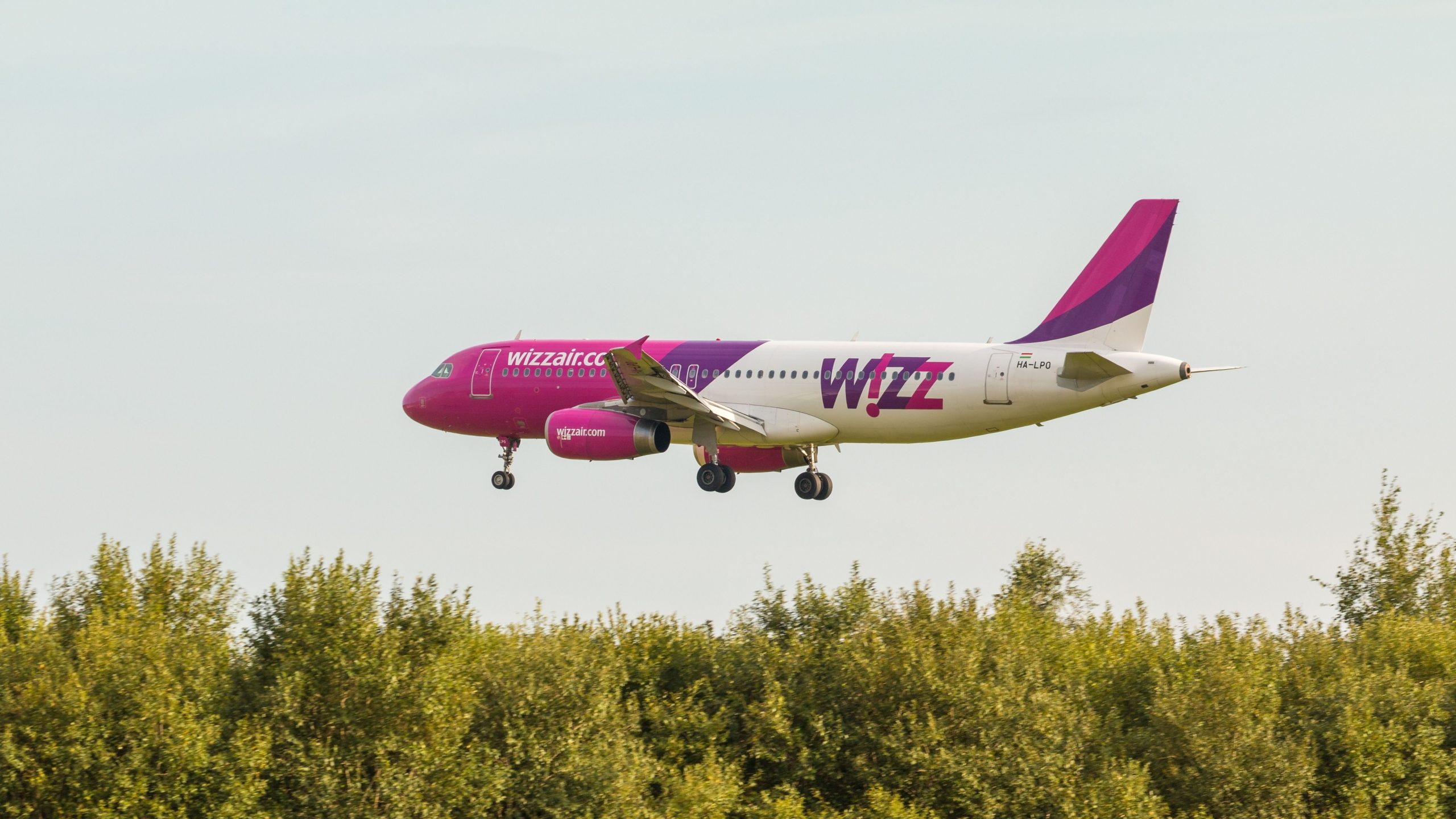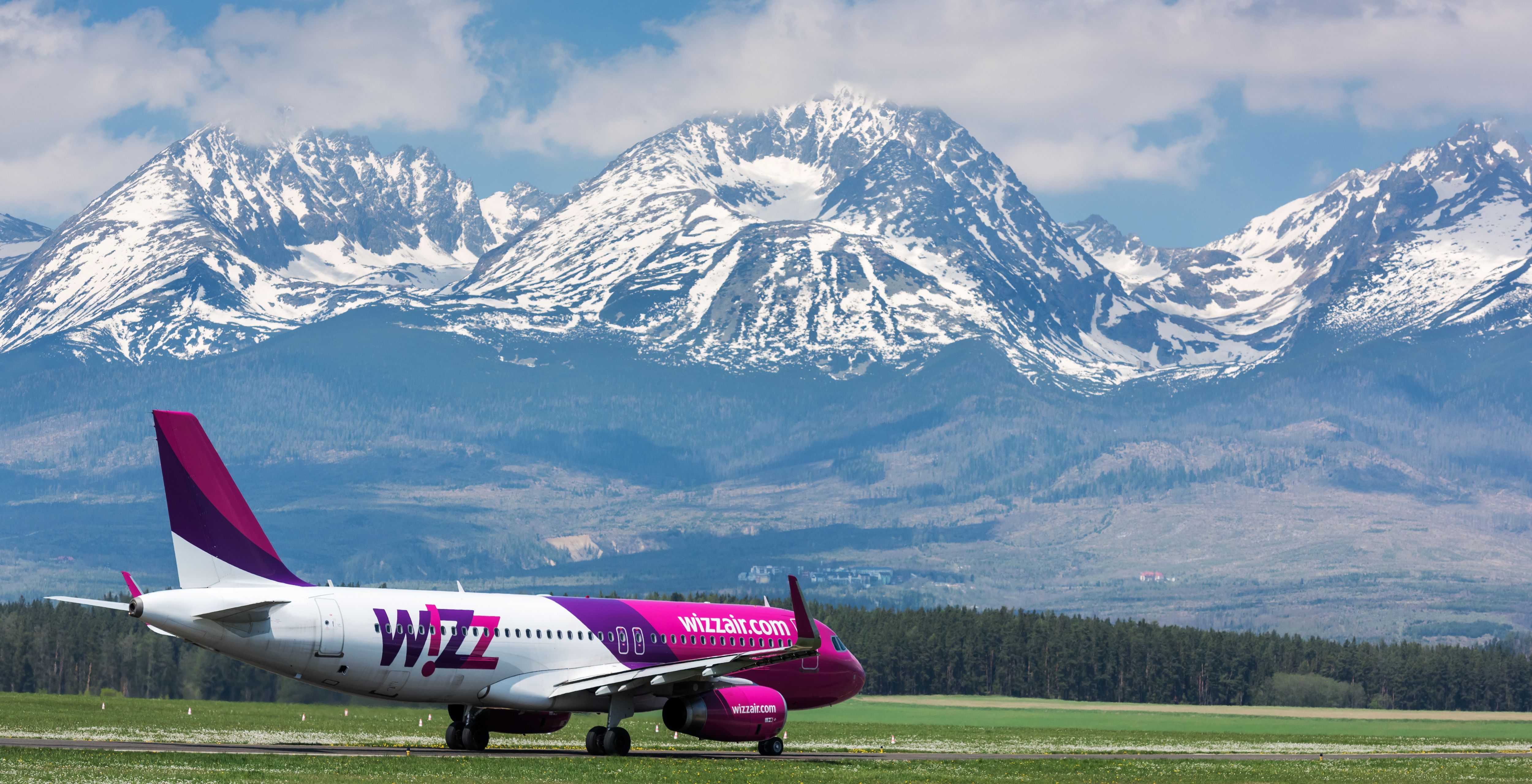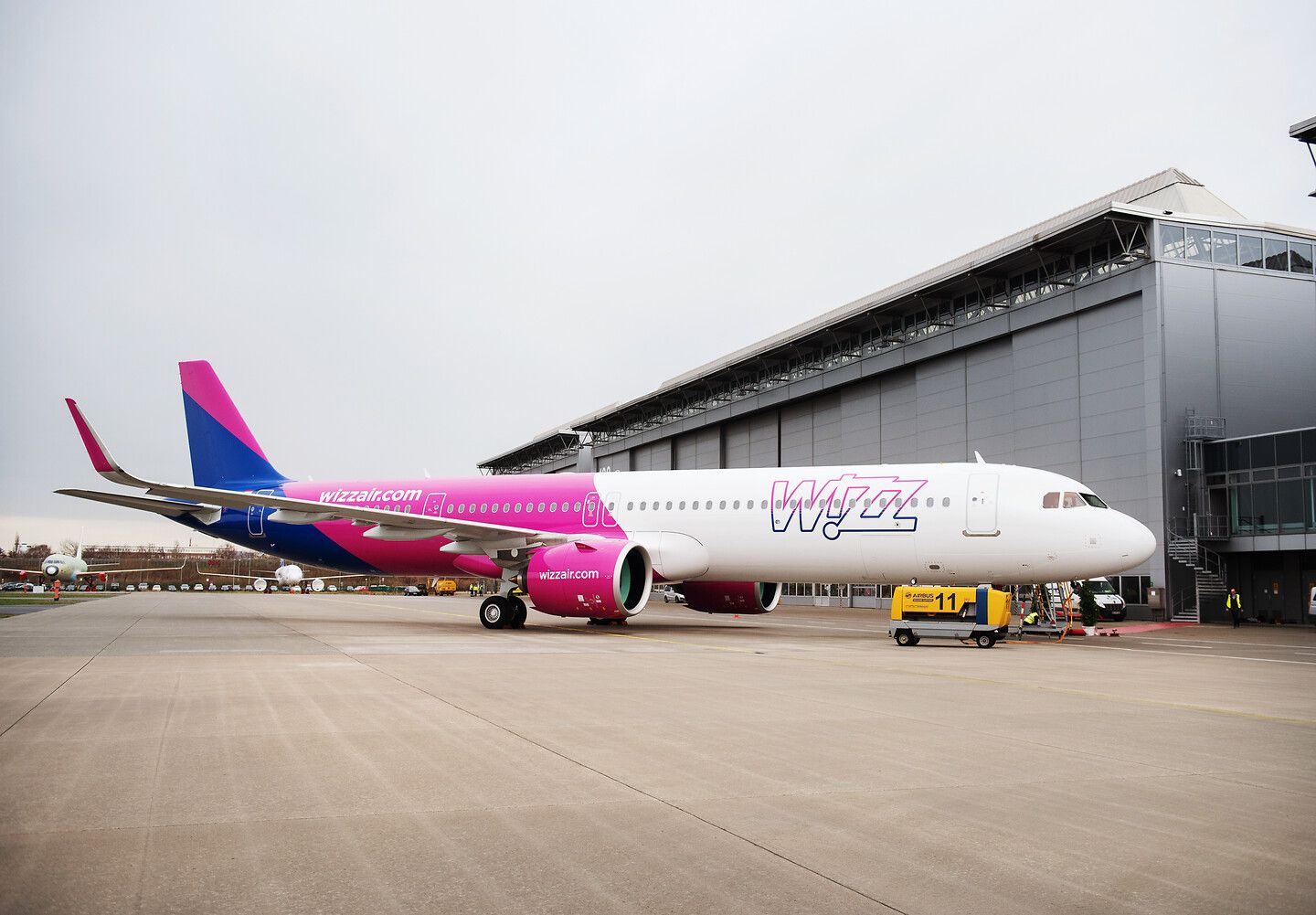Summary
- Wizz Air experienced a 21.1% increase in passenger numbers compared to last year, flying over 5.5 million passengers in September 2023.
- The airline’s planes are flying at an average load factor of 92.4% for the month, surpassing last year’s 87% and the 84.6% average in the previous twelve months.
- Wizz Air has introduced new routes, boarding videos, and sustainability initiatives, including a new passenger educational video and the launch of the WIZZ Sustainability Ambassadors program. CO2 emissions per passenger/kilometer have also decreased by 7.1%.
European low-cost airline Wizz Air has revealed substantial passenger numbers for September. The report comes as the airline continues to reduce emissions and introduce new passenger improvements.
More full seats.
Passenger numbers are up by over a fifth compared to last year. In September 2023, Wizz Air carried 5,538,773 passengers across its network. This represents a 21.1% increase when compared to 2022 numbers, when the airline flew just over four and a half million people.
The carrier has demonstrated substantial seat loads over the past month. Its planes are flying basically full, with the average monthly load factor standing at 92.4%. This is up from just over 87% last year and well above the 84.6% the airline has been averaging over the previous twelve months.
Photo: Uhryn Larysa I Shutterstock.
Year-over-year numbers are also looking up. In the 12 months leading up to the end of September, the airline sold over 57.5 million seats, up significantly from the 41 million for the previous year.
What happened in September?
Wizz Air has been rather busy this month, introducing new routes, boarding videos, and doubling down on sustainability. Following the announcement of flights from London to Cairo’s new Sphinx Airport, the carrier introduced a new route to Northern Greece. The new link from Bucharest to Thessaloniki is due to begin at the end of this month with a twice-weekly service on Monday and Friday.
Elsewhere, Wizz Air introduced a new passenger educational video. The video is part of the carrier’s Active Boarding
initiative to improve customer experience and reduce boarding time by supporting its Wizz Air staff in providing passenger
instruction during on-boarding, in-flight and off-boarding. The video will be shown across multiple airport displays to reach as many passengers as possible.
Supporting Sustainability and SAF production
The airline also launched its WIZZ Sustainability Ambassadors program at the beginning of the month. The group will support local sustainability projects, from recycling to charity initiatives at the airline’s bases. Ambassadors will also be located in its offices to promote eco-friendly habits and share sustainability insights with colleagues.
Wizz Air is also throwing its full support behind EU sustainable aviation fuel initiatives. According to the RefuelEU plan, all airlines departing from the EU will use at least 70% of SAF in their operations by 2025. Yvonne Moynihan, Corporate and ESG Officer at Wizz Air, highlighted the airline’s previous SAF achievement and expressed support for the industry:
“As Europe’s leading airline in terms of emissions intensity reduction, Wizz Air has supported the ReFuelEU Aviation Regulation proposal since its inception. The European Union is the standard setter in global climate policy and the ReFuel EU legislation establishes minimum shares of SAF to be blended with conventional aviation fuel, which are binding.
“The adoption of these mandates will boost the supply of SAF, which is critical to improve the availability and cost of SAF. Wizz Air has started preparing for the upcoming EU mandates by partnering with SAF producers and making our first equity investments in SAF research and development.
“We see industry collaboration on the development of alternative fuels as one of the most impactful ways to address the current climate challenge and we remain committed to reduce our carbon intensity by 25% by 2030. It is critical for national governments to now consider incentives to enable the ramp up in production.”
Photo: Airbus
Wizz Air stands out among competitors for its minimal CO2 emissions per passenger kilometer. September’s CO2 emissions were just 51.0 grams per passenger/km, down 7.1% from the same month last year.



